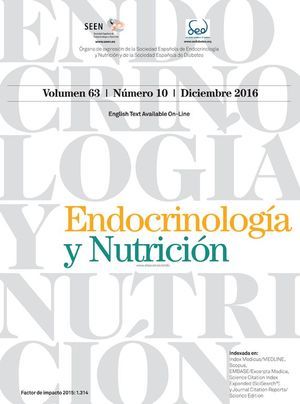was read the article
| Year/Month | Html | Total | |
|---|---|---|---|
| 2024 December | 34 | 4 | 38 |
| 2024 November | 38 | 6 | 44 |
| 2024 October | 26 | 3 | 29 |
| 2024 September | 27 | 7 | 34 |
| 2024 August | 33 | 9 | 42 |
| 2024 July | 42 | 11 | 53 |
| 2024 June | 26 | 11 | 37 |
| 2024 May | 31 | 9 | 40 |
| 2024 April | 32 | 7 | 39 |
| 2024 March | 37 | 13 | 50 |
| 2024 February | 35 | 6 | 41 |
| 2024 January | 32 | 2 | 34 |
| 2023 December | 21 | 3 | 24 |
| 2023 November | 33 | 1 | 34 |
| 2023 October | 68 | 1 | 69 |
| 2023 September | 32 | 3 | 35 |
| 2023 August | 44 | 0 | 44 |
| 2023 July | 31 | 3 | 34 |
| 2023 June | 26 | 4 | 30 |
| 2023 May | 40 | 1 | 41 |
| 2023 April | 25 | 2 | 27 |
| 2023 March | 23 | 2 | 25 |
| 2023 February | 13 | 4 | 17 |
| 2023 January | 20 | 3 | 23 |
| 2022 December | 33 | 7 | 40 |
| 2022 November | 28 | 7 | 35 |
| 2022 October | 16 | 12 | 28 |
| 2022 September | 14 | 14 | 28 |
| 2022 August | 9 | 4 | 13 |
| 2022 July | 11 | 10 | 21 |
| 2022 June | 6 | 4 | 10 |
| 2022 May | 11 | 6 | 17 |
| 2022 April | 13 | 9 | 22 |
| 2022 March | 17 | 8 | 25 |
| 2022 February | 22 | 6 | 28 |
| 2022 January | 47 | 8 | 55 |
| 2021 December | 33 | 9 | 42 |
| 2021 November | 27 | 8 | 35 |
| 2021 October | 25 | 8 | 33 |
| 2021 September | 16 | 7 | 23 |
| 2021 August | 7 | 3 | 10 |
| 2021 July | 4 | 4 | 8 |
| 2021 June | 13 | 4 | 17 |
| 2021 May | 6 | 6 | 12 |
| 2021 April | 25 | 2 | 27 |
| 2021 March | 16 | 5 | 21 |
| 2021 February | 9 | 4 | 13 |
| 2021 January | 9 | 6 | 15 |
| 2020 December | 12 | 4 | 16 |
| 2020 November | 21 | 1 | 22 |
| 2020 October | 2 | 2 | 4 |
| 2020 July | 4 | 0 | 4 |
| 2020 June | 5 | 0 | 5 |
| 2020 May | 35 | 8 | 43 |
| 2020 February | 0 | 2 | 2 |
| 2020 January | 0 | 4 | 4 |






